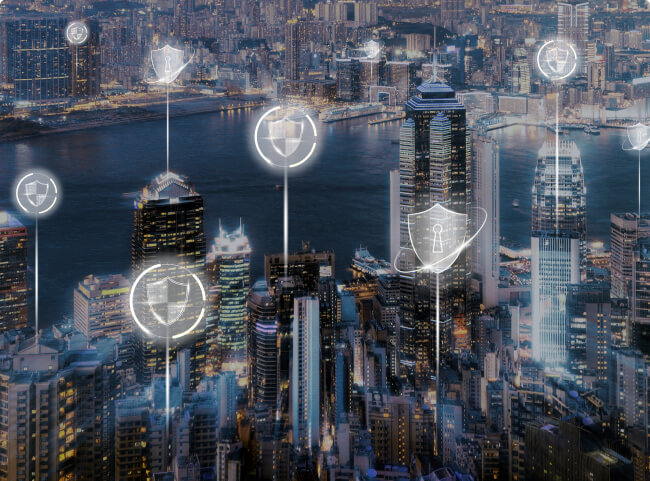In today’s world, connectivity has become an essential need for businesses, homes, and governments. The COVID-19 pandemic has also highlighted the importance of communication networks in crisis situations. With the rise of private mobile networks, governments can take advantage of their benefits to improve their operations, but the cost can be a barrier. In this article, we will discuss why subsidizing private mobile networks can be beneficial for governments and their citizens.
- Increased Connectivity and Efficiency Private mobile networks provide a more reliable and secure network for governments to communicate with their agencies and citizens. Subsidizing these networks would increase their availability and affordability for governments, allowing them to be more efficient and responsive to citizens’ needs. With a private mobile network, government agencies can easily share information and coordinate activities, which can improve the quality and speed of government services.
- Improved Emergency Response During emergency situations, such as natural disasters, accidents, or terrorist attacks, communication networks can be a lifeline for victims and responders. With a private mobile network, government agencies can communicate more effectively, coordinate rescue efforts, and share critical information with the public. Subsidizing private mobile networks can help ensure that these networks are available to government agencies when they need them the most.
- Better Security and Privacy Government agencies handle sensitive information that requires a high level of security and privacy. Private mobile networks provide an additional layer of security and privacy, which can be crucial for protecting this information. By subsidizing private mobile networks, governments can ensure that their data is protected and their communication networks are secure.
- Economic Benefits Subsidizing private mobile networks can also have economic benefits for governments and their citizens. Private mobile networks can attract businesses and investment to a region, which can stimulate economic growth and create jobs. With increased connectivity and efficiency, government agencies can also provide better services to citizens, which can improve the overall quality of life and promote economic development.
In conclusion, subsidizing private mobile networks can be beneficial for governments and their citizens. Increased connectivity and efficiency, improved emergency response, better security and privacy, and economic benefits are just a few of the advantages of these networks. Governments should consider subsidizing private mobile networks to improve their operations and provide better services to their citizens.




